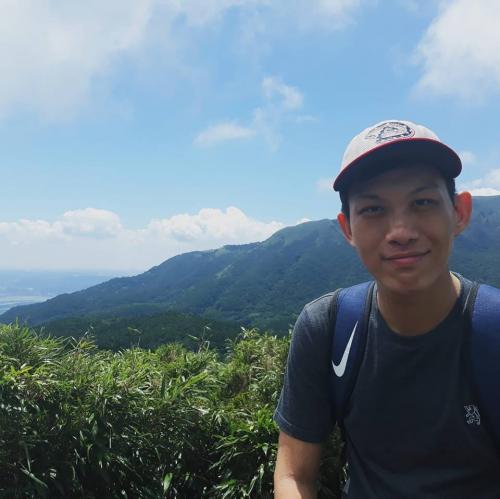Damon arrives in Modern Southeast Asia
Image:

Publication Date:
August 21, 2018
Damon arrives in Modern Southeast Asia
Damon Lim Wei Da was born and raised in Singapore though he aspires to live abroad after graduation. He would rather much prefer living as a stranger in a distant land.
Though Damon’s legal name is Wei Da, he also goes by Damon so as to sound more relatable to people of other cultures. While initially having misgivings about adopting a ‘western’ name, Damon has since decided that he is simply performing ‘whiteness’ for social and economic benefit - and not because he wishes to erase his Singaporean or Chinese identity. Damon (or Wei Da) is still very much himself.
Damon grew interested in the question of what it means to be Chinese after he encountered many Chinese students who were raised in societies where they were ethnic minorities. In fact, Damon entered College hoping to do economics and Finance, but switched to Anthropolgy after he realized that he was fascinated with questions of identity and culture. Over the summer, Damon interned as a Data Analyst in Yangon, Burma, under the mystery internship programme at Yale-NUS College.
Comments
Hello! I was asked by Prof. Erik to comment about my recent trip to Kuala Lumpur, Malaysia, for a conference on International Relations.
While the conference had many great speakers, I found that I learnt the most from informal conversations I had with foreign delegates who were attending the conference. For example, I had the chance to ask a Japanese male student about how Japanese people viewed their military, and he too, raised some questions about economic growth in my society. I spoke to another Taiwanese delegate about popularism in decreasing the stint of military service in Taiwan and he confided in me how he admired Singapore’s leaders like Lee Kuan Yew who maintained a stronghold over power. He felt that Taiwan should sacrifice political populism for stable governance which might bring economic growth.
While Singapore might seem like a great, politcally stable country to foreigners, many do not realize how repressive freedom of speech is in Singapore, and how power structures are maintained by people in positions of power who seek to protect their privilege (for example, many ex-military generals are parachuted to leadership positions within government agencies, despite Singapore’s insistence that it is a pure meritocracy). These informal conversations were really interesting, and I found that speaking to a person of another culture about how he/she perceived his/her identity allowed me to better understand political developments in his/her society. I was also happy to express my opinions and discontent with the society I reside in, especially since many people seem to think of Singapore as a ‘perfect’ society.
It was terribly exciting to meet people of another culture, and I hope to learn about how others perceive the world that they live in again.
Pages